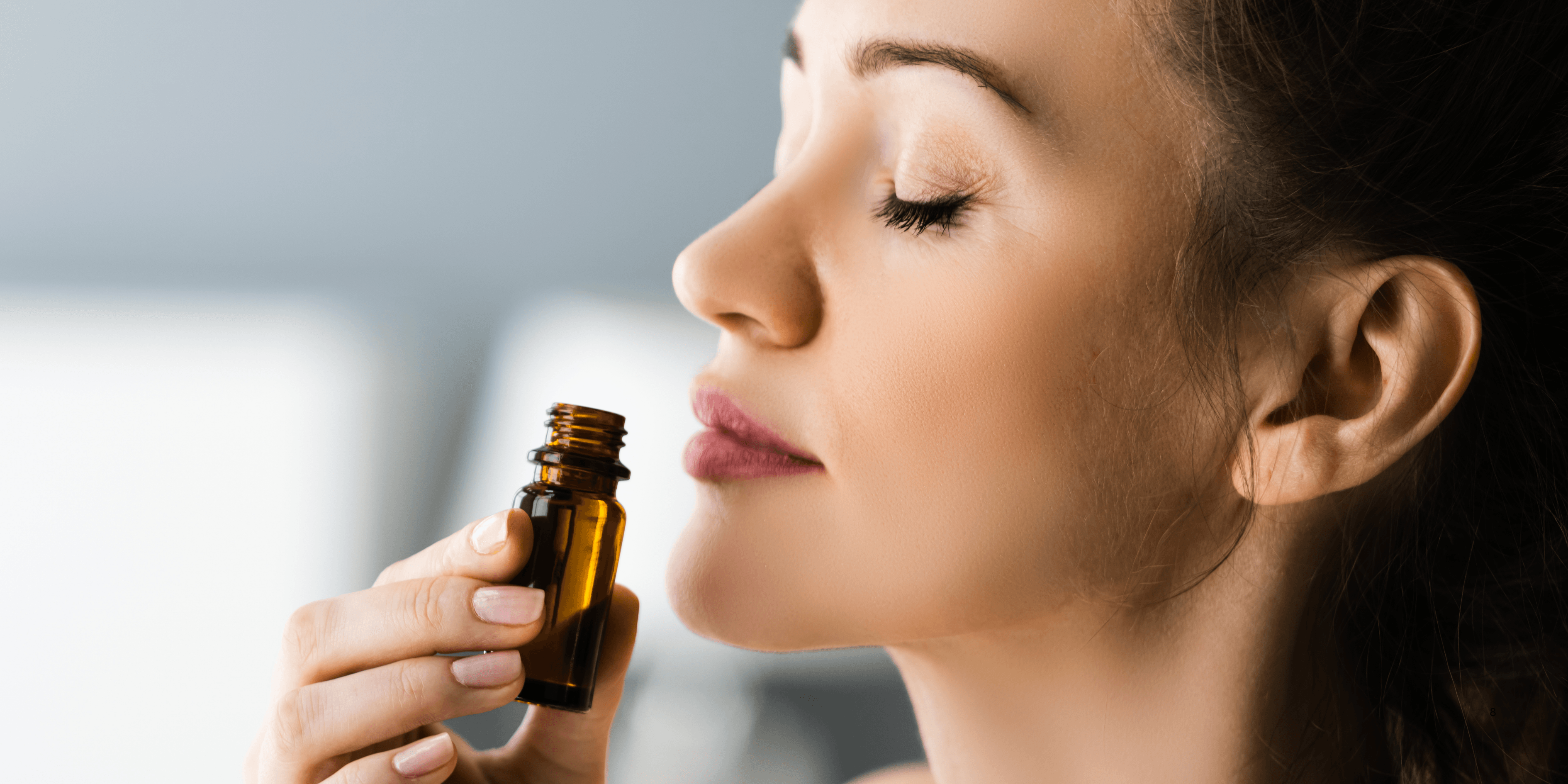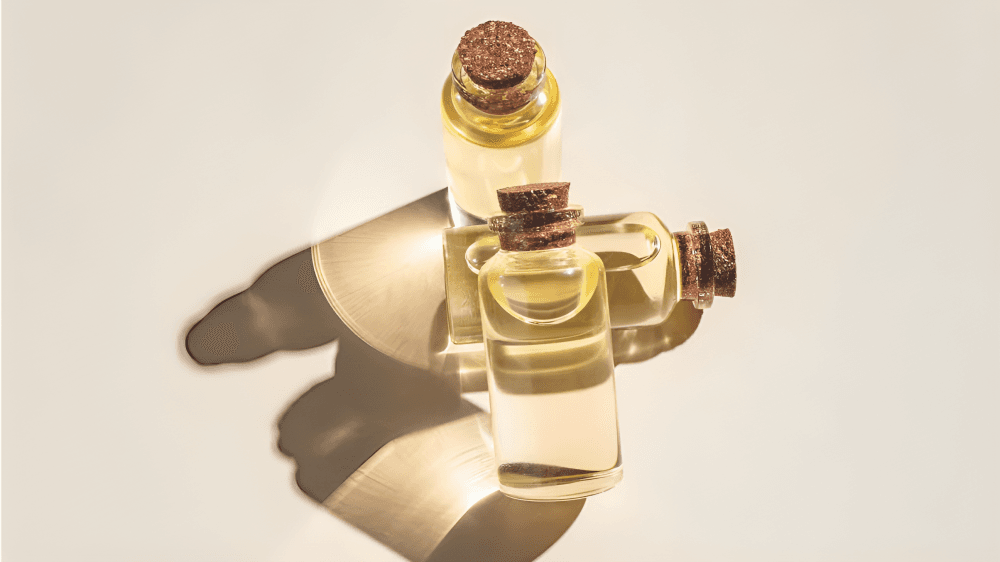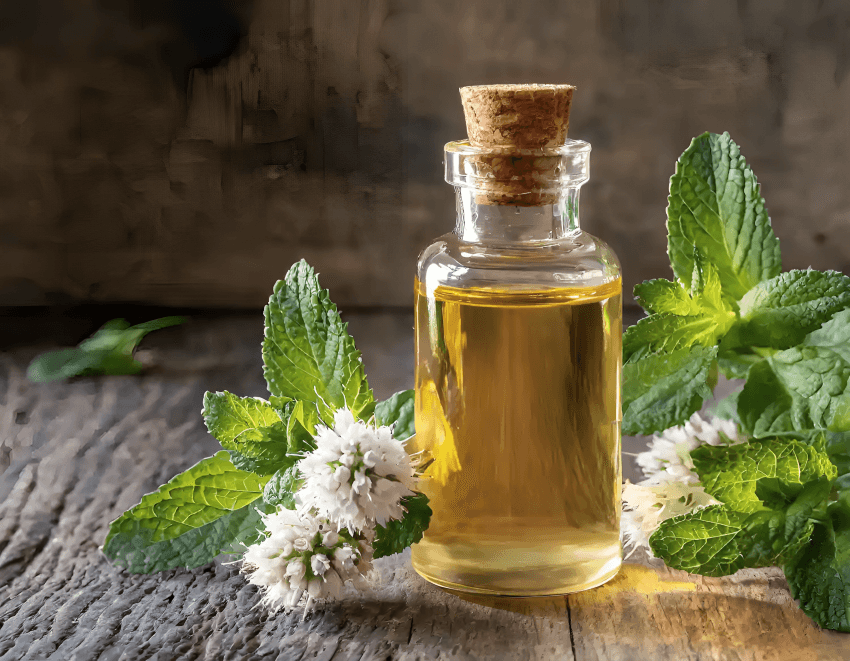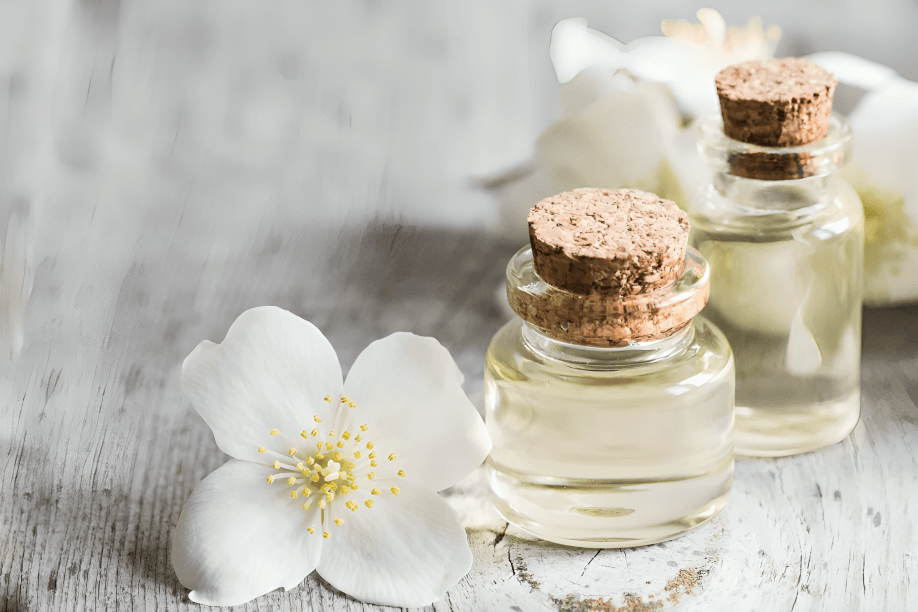
“
Aromatherapy for better sleep has gained global attention as a gentle and natural method to support rest and relaxation. Whether through diffusers, massage, or baths, aromatherapy for better sleep engages the senses and activates areas of the brain responsible for comfort and tranquility.1
1
”
Ancient Greek physician Hippocrates believed in the healing power of aromatic plants, recommending lavender and rosemary oils to calm the mind and improve sleep for patients with restlessness or anxiety. 1
Lavender essential oil is widely studied and scientifically linked to improved deep sleep, as it reduces heart rate and blood pressure, helping the brain and body to enter a state of rest. 2

Inhaling ylang-ylang essential oil has been shown to significantly lower cortisol levels, which allows the body to feel less stressed and more relaxed, aiding in a smoother transition to sleep.
Chamomile essential oil has long been used to combat insomnia, thanks to its mild sedative effects that calm the central nervous system and support a regular and healthy sleep pattern. 3
Diffusing sandalwood oil in a bedroom environment helps quiet the mind, reduce anxious thoughts, and increase the duration of non-REM sleep, making it easier to wake feeling refreshed. 4
Studies have shown that bergamot oil can help regulate the sleep-wake cycle by balancing melatonin and serotonin, offering both physical and emotional calm before bedtime routines. 5
Essential oil inhalers or roll-ons applied to the wrists or neck before sleep stimulate olfactory receptors and send relaxing signals to the brain, inducing drowsiness within minutes. 6
Valerian root oil has a calming, sedative effect on the nervous system and is frequently used in aromatherapy to improve sleep latency and increase total sleep time. 7
Blending multiple essential oils—like lavender, cedarwood, and marjoram—creates synergistic sleep benefits, where each oil amplifies the others’ soothing properties for deeper and more effective rest. 8

Peppermint oil, though known for its energizing scent, when combined with lavender, helps clear nasal passages and reduce snoring, supporting uninterrupted and peaceful sleep cycles.
Massaging essential oils like frankincense into the feet or temples before bedtime encourages blood circulation and emotional calm, both of which help signal the body to prepare for sleep. 9
Aromatherapy pillow sprays containing essential oils are popular because they provide continuous low-level diffusion of relaxing scents throughout the night, which supports sustained restful sleep. 10
The scent of neroli essential oil is often used in stress-relief therapies because it lowers brainwave activity, helping ease chronic insomnia when used consistently before bed. 11
Aromatherapy blends that include vetiver essential oil are especially effective for people with racing thoughts, as the earthy scent promotes grounding and inner stillness at night. 12
Essential oil patches worn on the skin or pajamas provide slow-release scent throughout the night, ideal for individuals who frequently wake and need consistent sensory relaxation. 13

Jasmine oil is shown to offer sedative effects similar to medications, promoting increased sleep time and greater morning alertness without the risk of dependency or side effects.
Roman chamomile oil works gently on the body’s systems, especially helpful for children or elderly people, creating a calming bedtime ritual that naturally encourages restful behavior. 14
Using essential oils in meditation or breathing exercises before bedtime combines physical scent therapy with mental focus, helping slow down mental chatter and prepare the body for rest. 15
Essential oils like eucalyptus can improve breathing during sleep by opening airways, reducing snoring, and helping people with sinus problems enjoy more consistent nighttime rest. 16
The famous Persian philosopher Avicenna documented the use of flower-based oils in sleep therapies, noting how sensory relaxation could impact both physical and emotional well-being through the olfactory system. 17


